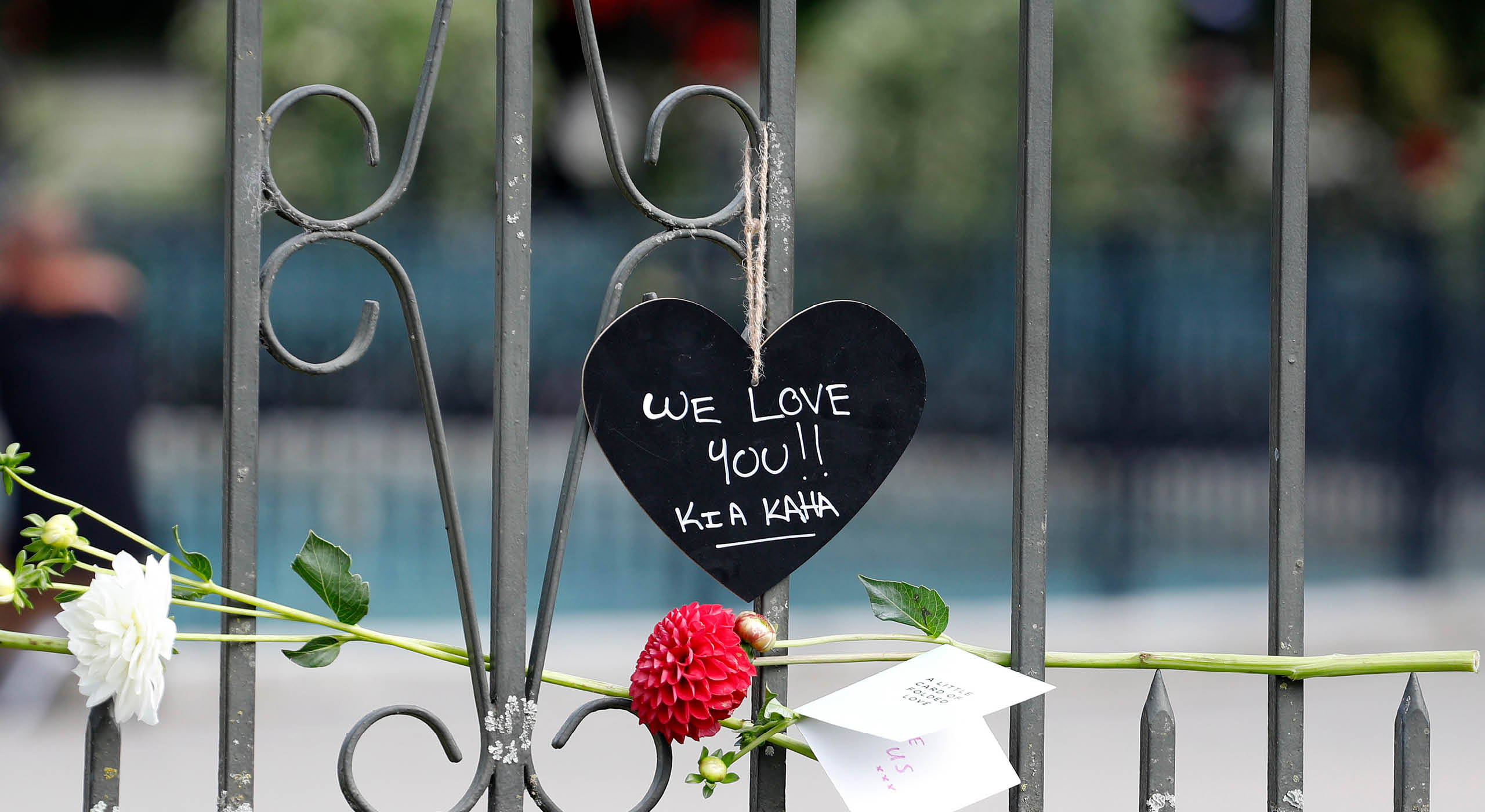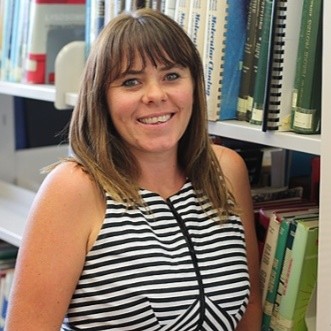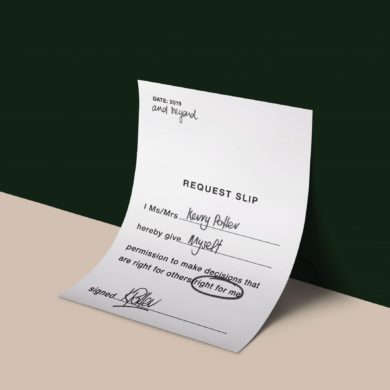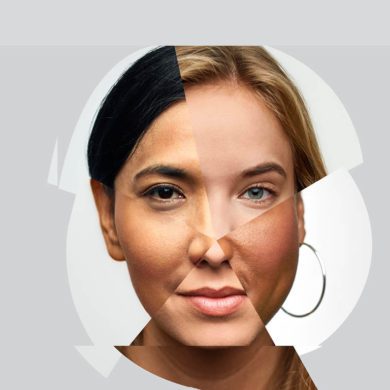I will never forget the violence of the Christchurch earthquakes. The way the ground lurched and groaned before splitting open. The sound of buildings as they crumbled, the screeching noise of car alarms, the fright and despair of not knowing what was happening and when it might stop.
To see my city in the news again – this time for terrorism – is deeply shocking.
And I’m far from the only New Zealander reeling from yesterday’s events. Having recently moved to Melbourne, my partner and I have been in constant contact with family and friends at home, checking news websites and listening to New Zealand radio via the web.
Today, in a show of solidarity, many of my family and friends have switched their Facebook profiles to read “This Is Not Us”.
And, they’re right, this is not us.
Racist attacks have nothing to do with Christchurch and its people, especially the Christchurch we have become.
The Christchurch of 2019 is very different to the city I grew up in. Back then, it was a sleepy little place – conservative and proudly identified by its expansive gardens and centrally-sited cathedral.
Sitting at the base of the Southern Alps in the south island, Christchurch was the kind of place where children happily and safely walked to school, where we spent school holidays roaming the neighbourhood on our bikes, not telling anyone where we might be going and being told only to be home for tea.
Unlike Auckland, which has a large Pacific Island population (the largest of anywhere in the world, including the Pacific Islands), Christchurch was also predominantly white, and while I have happy childhood memories of a peaceful city, there were darker undercurrents.
I remember being warned by my parents to avoid the skinhead gangs and Bootboys lurking around Cathedral Square. In the ’90s, Christchurch also became home to the National Front, a white supremacist group, and its leader Kyle Chapman stood for mayor several times. That was how we sometimes made national headlines.
But like many cities, Christchurch grew up and diversified, and the devastating earthquakes of 2010 and 2011 absolutely helped hasten that process.
Today, the cathedral is still cordoned off, a ruined shell of its former self, surrounded by still-empty tracts of land. But around the rubble, a new community has bloomed.
In the years since the quake, tens of thousands of people have come to Christchurch to help rebuild it and in doing so have made it a new city, a blended, diverse community of many different nationalities.
The 2013 census shows that the city has welcomed Chinese, Maori, Filipino and Indian communities, who put down roots and made Christchurch their home. They came to work, they opened businesses and restaurants, they started their own families.
That census also told us that 40 per cent of 0-4 year olds identified as non-European.
This is us now. This is Christchurch.
Out of the tragedy of the quakes has come a vibrant, colourful and changing community. We celebrate more festivals and cultural events than ever, we’ve embraced the physical renewal of our landscape with a new multicultural flair.
Which is exactly why the barbaric massacre at two of our city mosques is a strike against us all.
We never thought this stuff would happen ‘here’. That Australia, a country geographically and politically more central (and with more polarised politics, too) would be a more likely target than quiet, yet progressive little New Zealand.
We were wrong.
Terrorism can happen anywhere.
New Zealand is part of the international community in so many ways. Our country is currently home to people of more than 200 ethnicities, who speak 160 languages. Yet while we have ties to many countries, we are also one community and we (mostly) embrace that.
As Prime Minister Jacinda Ardern so fiercely said in reference to the victims who had only recently chosen to make Christchurch their home. “They are us”.
Ardern was speaking to New Zealand, but her message goes further than that.
They are us. We are ALL Christchurch, just as we are all Port Arthur, we are all New York, we are all Dunblane.
And that means we can all reach out and support our community, no matter where in the world we are, the skin colour we have, the person we love, or the religious beliefs that we hold.












No Comments